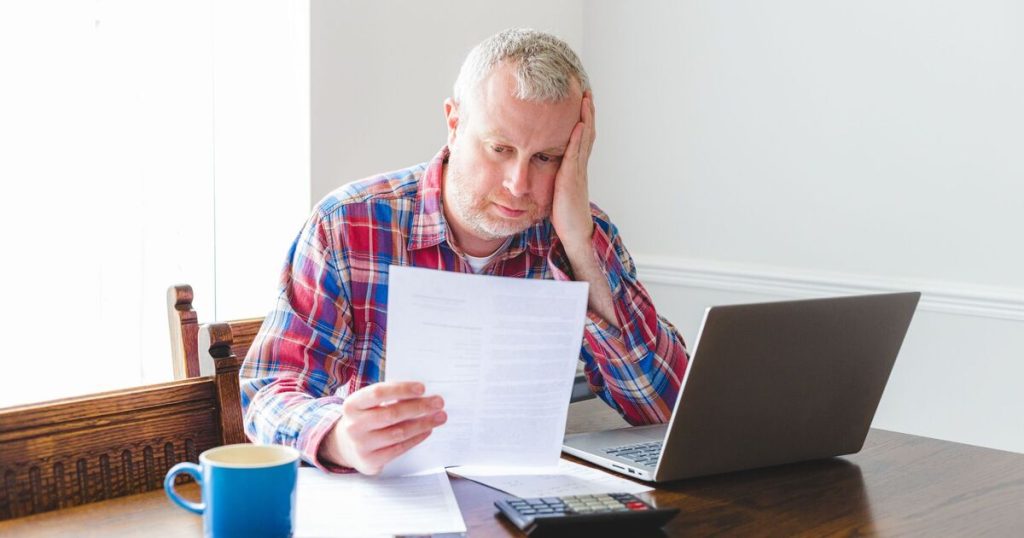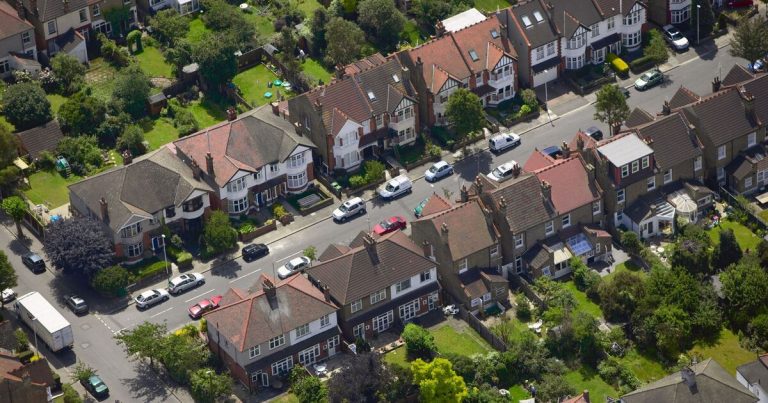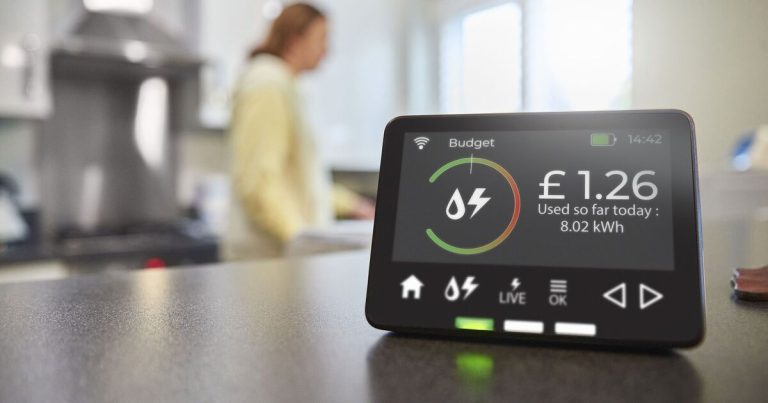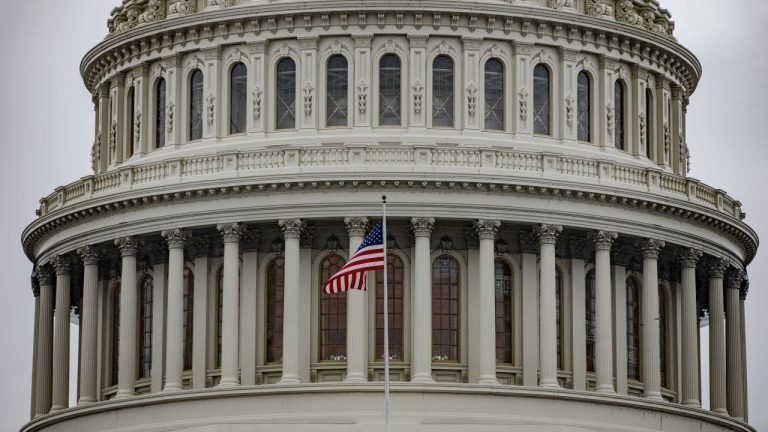
Bills are set to rise for millions of households across the UK on April 1. From energy and water bills to council tax, Brits will face hundreds of pounds in extra costs per year.
Dame Clare Moriarty, chief executive of Citizens Advice, said: “After years of cost-of-living pressures, households across the country are about to feel the extra shock of rising essential bills. For those on the lowest incomes, these unavoidable costs are already eating away at their finances.” With the average household already spending an estimated £2,062 on essentials each month, analysts believe the latest increases could add another £49.45 to this figure.
Energy bill rise
Energy bills for customers on variable tariffs will rise by 6.4% as Ofgem’s new price cap takes effect, bringing the average annual bill for a typical dual-fuel household to £1,738.
How to save money on energy bills
Fixed deals protect consumers from price rises for 12 months or more by locking in rates. Some households have been reluctant to fix in case wholesale energy prices fall while they’re in contract.
But there is a way to opt into a fixed rate deal with “no risk” of being stuck paying more, and that’s through no exit fee tariffs. If prices drop halfway through the contract, households can exit the tariff penalty-free.
Energy giant EDF is currently offering a deal – the Simply Fixed – with this term, priced 10.5% lower than April’s price cap.
At the time of writing, Octopus Energy and Co-Op Energy are also currently offering deals with similar savings and no exit fees.
Additionally, there are a range of energy-saving measures to implement, such as lowering thermostats and switching off devices on standby, which could help you save up to £390 per year.
Water bill rise
Water bills in England and Wales will increase by approximately £123 annually or about £10 per month.
How to save money on water bills
There are a number of steps households can take to reduce their water bills and offset the rising costs, such as changing water pressure or fixing leaky taps. Households claiming certain income-related benefits, such as Universal Credit, may also be able to claim significant discounts – of up to 90% – through social tariffs.
According to Policy in Practice’s latest research, £974million worth of water bill social tariffs are going unclaimed. Click here for the full list.
Council tax bill rise
Council tax bills will also rise, with most local authorities in England implementing increases of up to 4.99%. However, some councils, such as Windsor & Maidenhead and Bradford, will see hikes of up to 8.99% and 9.99%. In Wales, council tax is set to increase by 4.5% to 9.5%; in Scotland, the rise will typically be at least 8%.
How to save money on council tax
Certain individuals may qualify for discounts or exemptions based on their circumstances. A single-person discount of 25% applies if only one adult lives in the property.
If a household has more than one resident, but all except one are disregarded, they may also receive a 25% discount. A 50% discount applies if all residents are classified as disregarded.
According to GOV.UK, people are disregarded if they are:
- Under 18 years old
- On certain apprentice schemes
- Aged 18 or 19 and in full-time education
- Full-time students at college or university
- Under 25 and receiving funding from the Education and Skills Funding Agency
- Student nurses
- Foreign language assistants registered with the British Council
- Severely mentally impaired
- Live-in carers for someone who is not their partner, spouse, or child under 18
- Diplomats
If the property has been adapted for someone with a physical disability, the council tax bill may also be reduced. Additionally, people on low incomes or specific benefits might qualify for further help through the Council Tax Reduction scheme.
This scheme, run by individual councils, can offer reductions ranging from a small percentage to covering the full cost of the bill, depending on factors such as income, savings, and household composition.
Broadband and mobile contract price increase
Broadband prices for those on inflation-linked contracts will rise by an average of £21.99 annually, with some newer plans seeing hikes of up to £42. Mobile phone users will face similar increases, with an average rise of £15.90 for inflation-linked contracts and up to £48 for newer deals.
How to save money on broadband and mobile bills
Broadband customers should check their contract status to see if it is possible to switch without incurring a penalty. Switching to a new broadband deal after the initial contract has ended could save up to £180 a year.
Vodafone, Virgin Media and Community Fibre are some of the providers freezing prices until 2026 for those who switch before the April increases.
Mobile customers can text INFO to 85075 to check the status of their contract and any exit fees or consider lowering their data plan to save money.
TV licence increase
The cost of a standard colour TV licence will increase by £5 to £174.50 a year, while the black and white licence will rise to £58.50.
How to save money on your TV licence
Those 75 and older who claim Pension Credit can still receive a free TV licence by calling 0300 790 6071.
Additionally, people who are blind (severely sight impaired), or live with someone who is blind, could be entitled to a blind concession licence, redcuing the bill by 50%.
Car tax increases
Additionally, the standard rate of car tax for vehicles registered after April 2017 will rise by £5 to £195. Owners of electric vehicles (EVs) will face car tax for the first time, with the lowest rate of £10 for the first year, rising to £195 thereafter.
Those struggling with bills are urged to seek help. Keely Newman, head of vulnerable customers at TSB Bank, said: “Support is out there, from your bank to charities like StepChange that can help you navigate your finances and give you the confidence to stay on top of them.”






